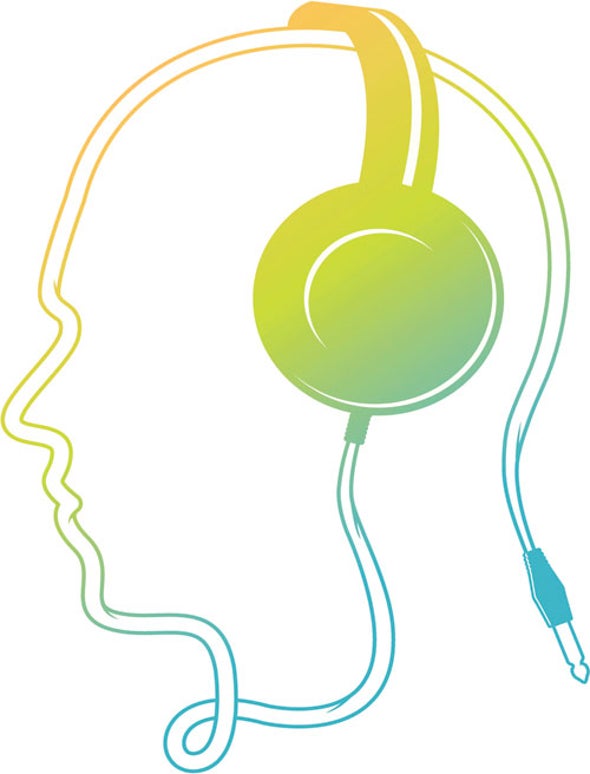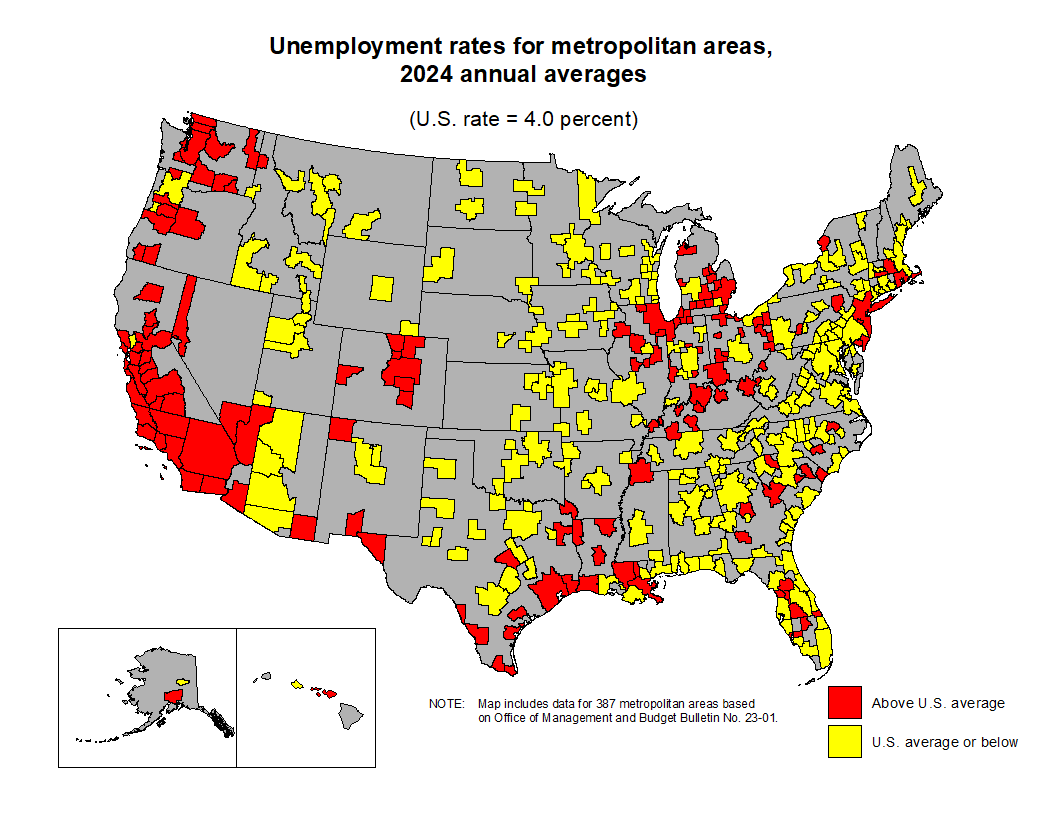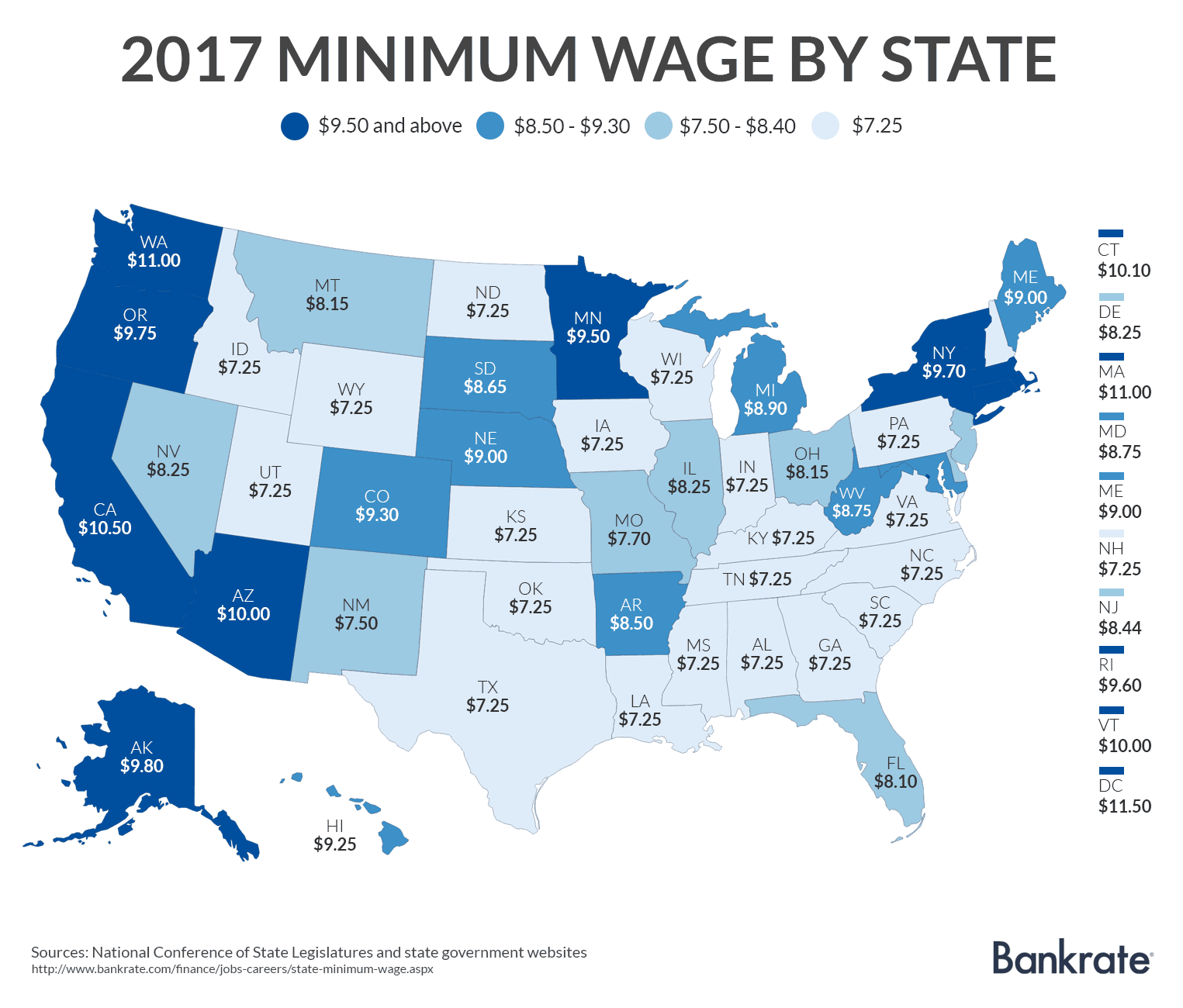Alexander Birkel
The effects of government intervention in the economy.
 |
| OPEC Alliance |
Government regulation in an economy can, in the short term, be beneficial to protecting the consumer and the economy from downward spikes. However, long-term effects often prove to become problematic. When in control of the economy itself, many bureaucrats are tempted to alter decisions due to personal interests. This can be seen in the OPEC which is an alliance of the largest oil-producing countries in the world. They regulate the price of oil to gain the most profit (which mainly goes to the countries government leaders). This restricts the oil economies within these countries to the wealthiest, not only making oil more expensive for nations around the word but elevates the poverty rates of these countries due to the exploitation of the working class. On a smaller scale government intervention within almost any sector of industry ends up with monopolies resulting from the government subsidies to that business “for example, the deregulation of AT&T which previously functioned as a regulated national monopoly, in the 1980s provided consumers with more competitive telephone rates” (Seabury Investopedia.com). If AT&T had never been given such a head start our telecommunications would be higher quality and cheaper today. In conclusion, government intervention in markets often creates monopolies and an increase in poverty.
Positive Effects of a Free market.
On a national level, while competing against all types of government subsidized businesses in a global economy, a free market approach can help to decrease the price of imports and exports, as well as increasing the quality of goods through the lowering of government involvement, avoiding things such as trade wars, high tariffs and an increase of local competition. On a global scale, a total switch to a free market would allow those that were formerly oppressed by large government businesses to compete in a global market. Along with this, businesses subsidized by their governments will no longer have the advantage over smaller foreign competitors putting them and their workers out of business. On both a global and national scale, one of the main attributes is the avoidance of monopolies lacking competition or “fat cats” who are able to run their business without competition. These businesses are able to make cheaper quality goods and group production to decrease labor usage, increasing unemployment. Along with this, smaller businesses can no longer survive and create more jobs. However, the real benefit to a free market is not just higher employment. It isn't enough to just
How does this solve unemployment on a national and global scale?
On a national level, while competing against all types of government subsidized businesses in a global economy, a free market approach can help to decrease the price of imports and exports, as well as increasing the quality of goods through the lowering of government involvement, avoiding things such as trade wars, high tariffs and an increase of local competition. On a global scale, a total switch to a free market would allow those that were formerly oppressed by large government businesses to compete in a global market. Along with this, businesses subsidized by their governments will no longer have the advantage over smaller foreign competitors putting them and their workers out of business. On both a global and national scale, one of the main attributes is the avoidance of monopolies lacking competition or “fat cats” who are able to run their business without competition. These businesses are able to make cheaper quality goods and group production to decrease labor usage, increasing unemployment. Along with this, smaller businesses can no longer survive and create more jobs. However, the real benefit to a free market is not just higher employment. It isn't enough to just employ everyone, they must be self-sufficient as well. Are you really solving any problems employing everyone at one dollar an hour? The competition a free market creates drives up the demand for labor and innovation. With both of these increasing people are: employed more often, paid more, poverty decreases, and the standard of living increases.
Glossary
Real wage- average wage of a worker based on the buying power of their currency, not the currency
itself and adjusted for inflation
itself and adjusted for inflation
Buying power- How much the currency in the area is worth compared to the cost of living in the area.
Example: you could buy a burger in MacDonald’s for 4 USD in the USA due to the price of wages
and ingredients, however, due to these same factors you could buy the same burger in Mexico for
around 2 USD.
Example: you could buy a burger in MacDonald’s for 4 USD in the USA due to the price of wages
and ingredients, however, due to these same factors you could buy the same burger in Mexico for
around 2 USD.
Bubble- A good situation in the market unlikely to last and likely to have exaggerated results.
Bibliography:
Armstrong, Martin, and Felix Richter. “Infographic: Burgernomics: The Price of a Big Mac in Global Comparison.” Statista, Statista, 21 Jan. 2019, www.statista.com/chart/13672/burgernomics-the-price-of-a-big-mac-in-global-comparison/.
“Austria to Host 7th OPEC International Seminar.” BRENTEX PETROLEUM SERVICES LIMITED, www.brentexpetroleum.com/oil-gas/austria-to-host-7th-opec-international-seminar/.
Batra, Raveendra N. End Unemployment Now: How to Eliminate Joblessness, Debt, and Poverty despite Congress. Palgrave Macmillan Trade, 2015.
COLONIAL PRINTERS, www.j-bradford-delong.net/Econ_Articles/ucla/ucla_marshall2.html.
“Austria to Host 7th OPEC International Seminar.” BRENTEX PETROLEUM SERVICES LIMITED, www.brentexpetroleum.com/oil-gas/austria-to-host-7th-opec-international-seminar/.
Batra, Raveendra N. End Unemployment Now: How to Eliminate Joblessness, Debt, and Poverty despite Congress. Palgrave Macmillan Trade, 2015.
COLONIAL PRINTERS, www.j-bradford-delong.net/Econ_Articles/ucla/ucla_marshall2.html.
Ebeling, Richard M. “The German Economic Miracle and the ‘Social Market Economy’ | Richard M. Ebeling.” FEE, Foundation for Economic Education, 1 Apr. 2008, fee.org/articles/the-german-economic-miracle-and-the-social-market-economy/.
The Institutional Structures of German Federalism / Uwe Leonardy. - Teil 8, library.fes.de/fulltext/bueros/sofia/00621002.htm.
Seabury, Chris. “The Cost of Free Markets.” Investopedia, Investopedia, 4 Oct. 2018, www.investopedia.com/articles/economics/08/free-market-regulation.asp.




 Although music has many benefits for the brain and body
there are still harmful effects due to various factors. The most important negative
effect music has on the body and mind is based on the quality and type of
music. It is different for everyone, as a song that is upsetting to one person
may have no effect on someone else; a listener whose passions are strong, will
be influenced differently than a listener who is emotionally dull and
Although music has many benefits for the brain and body
there are still harmful effects due to various factors. The most important negative
effect music has on the body and mind is based on the quality and type of
music. It is different for everyone, as a song that is upsetting to one person
may have no effect on someone else; a listener whose passions are strong, will
be influenced differently than a listener who is emotionally dull and
